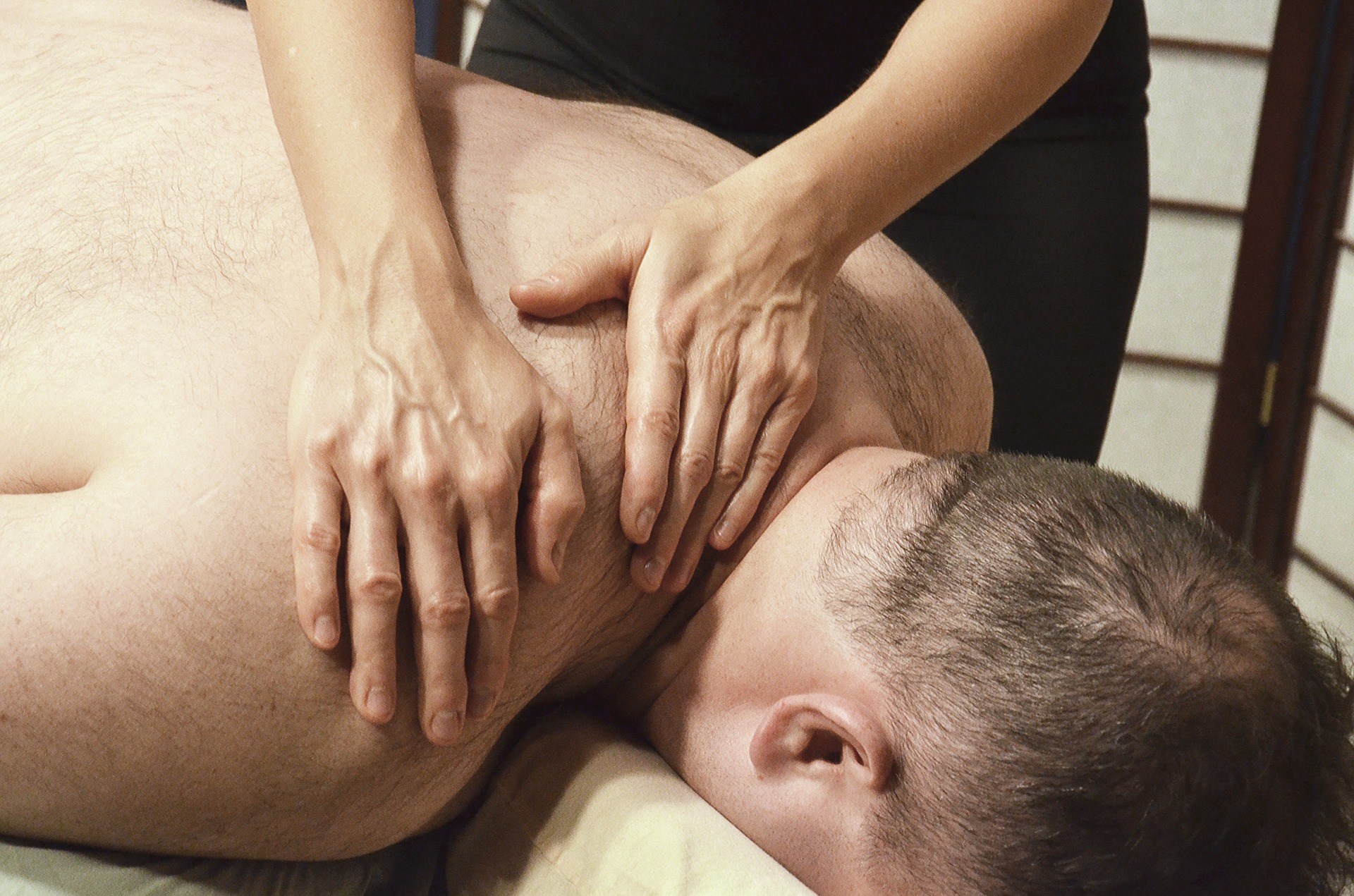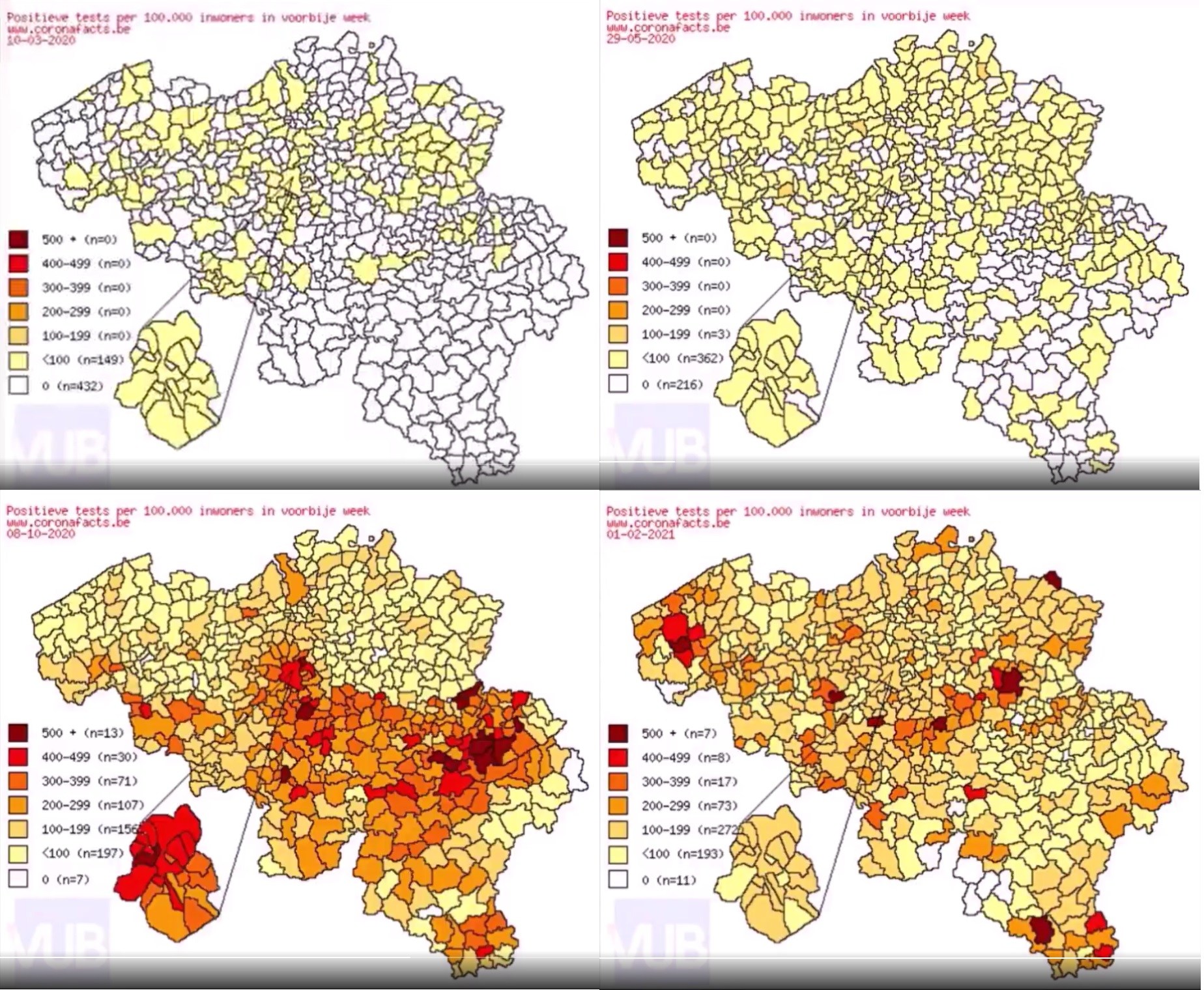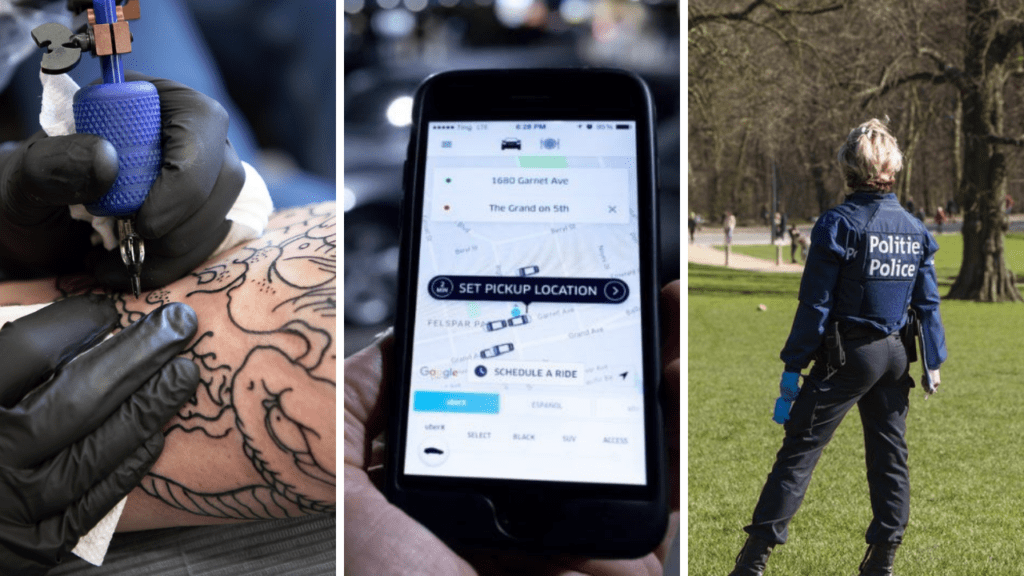The latest move in Brussels' seemingly endless fight with Uber has seen the region leave the rideshare company all but unable to operate, and up to 2,000 Uber drivers confused.
So what happened? Why is Uber trending in Belgium (again)?
Well, a new decision from the Brussels government has made it so that Uber drivers using a smartphone and geolocation to fulfil contracts can be fined and have their car confiscated, despite being a fundamental part of how the business operates.
So, to break that down, any Uber driver doing exactly what is required of them to be an Uber driver could lose big.
Brussels Minister-President Rudi Vervoort says: “It is the system itself that is reprehensible. The question is, what kind of future we want to give to passenger transport in Brussels?”
Uber says: the regulations are still under investigation by the Constitutional Court, it’s “incomprehensible” that measures are being taken against 2,000 drivers.
Critics say: “It’s like asking a cook to stop using pots and pans.”
So what do you say?
Is Uber not special?
Is the call from Brussels just?
Do things have to change?
Could this seriously impact your life?
Let @johnstonjules know on Twitter.
Belgium in Brief is a free daily roundup of the top stories to get you through your lunch break conversations. To receive it straight to your inbox every day, sign up below:
1. Here’s what’s new on 1 March
Electrical appliances will receive a new energy label, ticket windows will close in some SNCB train stations, Brussels Airlines sees a change at the top table, contact professions can reopen, and the curfew in Wallonia changes. Read all about the changes here.
2. Cheat Sheet: What are the rules for visiting contact professions?

Belgium’s non-medical contact professions will once again be able to open their doors from today (1 March), as long as they follow the rules set out by the Consultative Committee last month. Here they are.
3. Flanders to administer 50,000 more coronavirus vaccines than last week
The vaccination campaign against the coronavirus in Flanders will be accelerated this week, with some 129,489 shots set to be administered, around 50,000 more than were given in the region last week.
Just 78,422 people in Flanders received their vaccine last week. However, the rollout will now be increased, especially in hospitals, where up to 75,860 vaccines will be distributed among the staff, compared to only 28,088 in the previous week. Read More.
4. 2-minute video shows year-long coronavirus spread across Belgium

A two-minute video shared by Dirk Devroey, professor and dean of the Health Faculty at VUB, shows how the coronavirus spread across Belgium over the course of a year. Read More.
5. Police break up party in Bois de la Cambre over the weekend
Police broke up a large party of young people dancing and drinking in the Bois de la Cambre park in Brussels yesterday.
“In this case, the covid measures were no longer being respected. We asked the young people to separate themselves,” Ilse Van de Keere, spokesperson for the Brussels-Capital/Ixelles police zone told local media. Read More.
6. Belgium will play a role in European distribution of Janssen vaccine
The coronavirus vaccine by Janssen, developed by Johnson & Johnson, will be distributed in Europe from Belgium, the Gazet van Antwerpen learned on Monday from a good source.
Janssen Pharmaceuticals, which is part of the American group, limited itself to confirming that “Belgium will play a role in the distribution.” Read More.
7. Cancer: New prostate test could save thousands of lives
Today, 1 March, sees the start of Prostate Awareness Month, as a time when the methods for diagnosing the disease lag an estimated two decades behind the progress made for diagnosing breast cancer.
Now a Swedish diagnostics company, A3P Biomedical, has developed a new, non-invasive test for prostate cancer which it claims is twice as effective at diagnosing prostate cancer than existing PSA tests. Read more.
Jules Johnston
The Brussels Times

